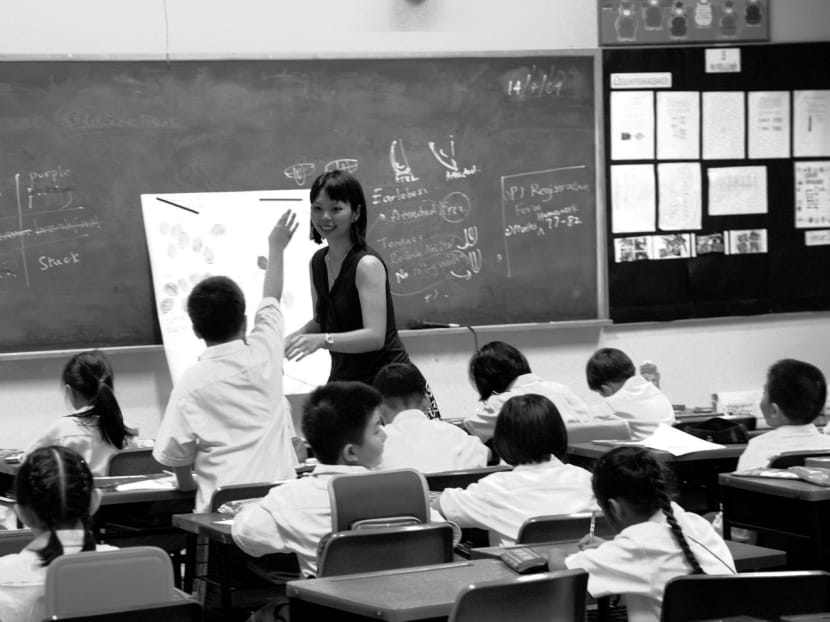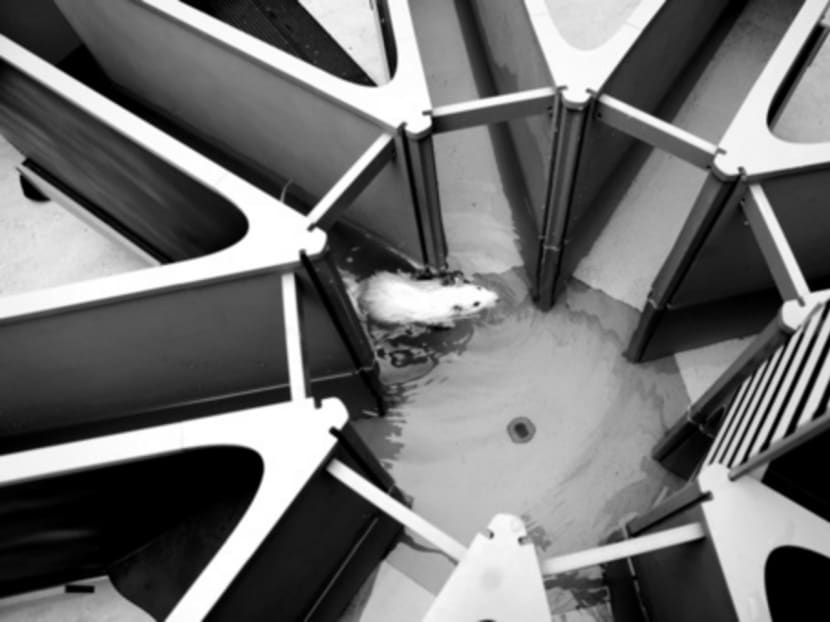Learning for the fun of it
In a series of classical experiments conducted in the 1930s, experimental scientist H W Nissen showed that rodents would cross an electrified grid just to get a chance to explore a maze. These studies showed that novelty and new environments serve as powerful incentives in promoting behaviour. They were not driven by a primary drive such as hunger. Even a well-fed animal still wanted to explore.


In a series of classical experiments conducted in the 1930s, experimental scientist H W Nissen showed that rodents would cross an electrified grid just to get a chance to explore a maze. These studies showed that novelty and new environments serve as powerful incentives in promoting behaviour. They were not driven by a primary drive such as hunger. Even a well-fed animal still wanted to explore.
The primate psychologist Harry Harlow established a primate colony at the University of Wisconsin at Madison. He studied a number of primate behaviours and was surprised to see that primates would solve mechanical puzzles for no reward at all, just for the heck of it. Monkeys would learn tasks just for the reward of looking at moving toys such as a train, or even to just look at the experimental room from the outside. Novelty and the chance to explore were powerful stimuli for learning and were rewards that were intrinsic in themselves.
This same novelty and curiosity is an innate characteristic of humans. At birth, human babies are active, curious, and ready to learn and discover. The whole world is new to them, and the need to explore and learn is part of nature and is a necessary element for survival.
This inborn motivation that is discovery learning is a vital factor to growth and development and the ability to live. This attention to novelty, and to productively develop in an imaginative way, when persistence is a chief component leads to success in life. As we get older, this discovery learning fades for many individuals and the motivation that is driven by discovery and curiosity diminishes, and one is lucky if it remains even for a few activities.
This intrinsic self-directed motivation is usually limited to a few activities and does not extend to everything. It varies by individual and over time the same individual can develop interests that are new and lose interest in what was of great excitement before.
Canadian psychologist D E Berlyne calls this epistemic curiosity. Epistemic (from the Greek “episteme” for knowledge) curiosity is scientific curiosity; it is the “desire for knowledge that motivates individuals to learn new ideas, eliminate information-gaps and solve intellectual problems”. This drive is to make sense of the world we are born into. It is driven by an innate desire to learn no matter whether we receive rewards or not.
Ambiguity and not knowing drives this desire. Epistemic curiosity is usually transient and it can change from one topic to another, but when it stirs the passion it takes a life of its own and leads to greater knowledge and understanding.
Since education in schools and universities is not intrinsically interesting to most students, how do we motivate students to value educational endeavours? What helps augment self-directed interest or motivation, and what lessens this interest?
MOTIVATING STUDENTS TO LEARN
First, positive feedback on level of competence such as praise for the work done or actual measurable change in performance increases self-directed motivation, whereas negative performance feedback or criticism diminishes it.
Second is a sense of independence; that is, the student feels the ability to think and make choices. This feedback and competence must go with a sense of independence to result in increased self-directed motivation. This sense of independence and, therefore, internal control is extremely important in fostering motivation.
A large study has shown that tangible rewards and threats by themselves diminish self-directed motivation, partly because they are perceived as reducing independence and increasing outside control. So, if motivation is only because of the rewards they will get, rather than a step towards independence, the extrinsic motivation will not get converted to an intrinsic one.
As an example, if a reward is given to come to class on time or dress neatly, the day that reward is removed, the motivation diminishes. On the other hand, if the reward is in the form of praise rather than something tangible, it will engender the development of a more intrinsic response.
Classroom studies in schools show that teachers who encourage autonomous thinking, compared with controlling teachers, catalyse greater inquisitiveness, self-directed behaviour and motivation. Students who are unduly controlled by outside factors such as rewards and punishments lose originality and learn less well to think on their own, especially when learning is complex or requires abstract, resourceful thinking.
In the long term, when independent, self-directed behaviour and motivation are integrated and assimilated with the personal development of the individual, it becomes intrinsic. The greater we manage to internalise our interest and desire for what we are doing, it becomes part of our nature, and the extrinsically motivated actions now become self-determined and intrinsic.
A person might get involved with an endeavour because of an external reason such as a reward, and then that exposure might lead the individual to appreciate the activity’s properties and develop an interest that by itself provides satisfaction. Conversely, an individual who liked the value of an activity, a subject, a game or a sport can lose that sense because of many reasons, maybe a controlling teacher, difficulty with being able to participate, unrealistic expectations or goals, or environment, then lose interest and take part only for external rewards.
Understanding motivation and its development and implementing programmes that foster epistemic curiosity and intrinsic motivation are necessary for promoting independence, creativity, and critical self-directed behaviour and thinking.
ABOUT THE AUTHOR:
K Ranga Krishnan is Dean of the Duke-NUS Graduate Medical School Singapore. A clinician-scientist and psychiatrist, he chaired the Department of Psychiatry and Behavioural Sciences at Duke University Medical Centre from 1998 to 2009.






